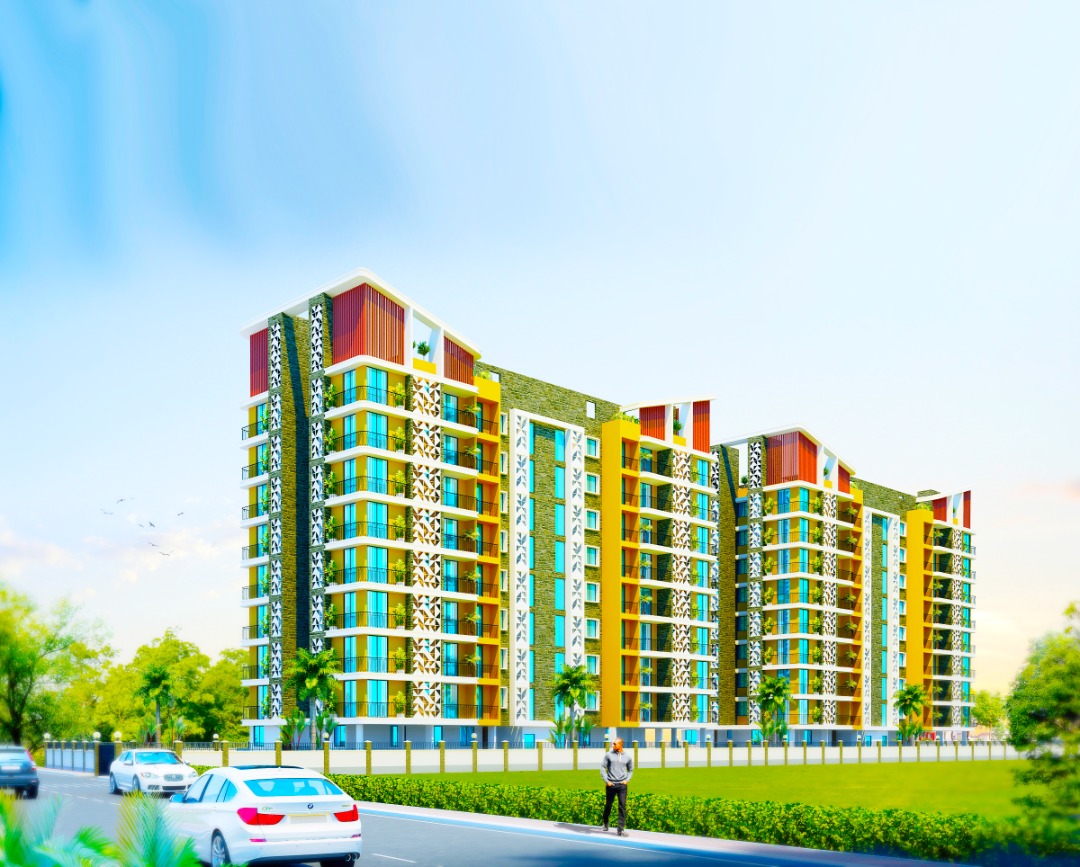When searching for a flat, there are both apartments and condominiums being advertised, but what’s the difference?
So, here’s a quick guide to what distinguishes an apartment from a condominium.
A condo is a single residential unit that an individual owns inside a multi-family building. Structurally, an apartment building and a condominium complex are the same in that there are multiple units within one building, but the key difference is that apartments are generally for rent and condo units are individually owned. If you have been looking for month to month rentals in dc or long stay condos in your location, then you will need to do your research, hopefully, this article will be able to shed some light on this area to help you make your decision.
In addition to a mortgage, condo owners pay monthly or quarterly fees to a homeowner’s association, which keeps money in reserve for the upkeep of any shared spaces like the yard, common areas (a gym, pool, etc.) and shared structures, such as the roof.
Real estate experts say, the most significant difference between the two is ownership.
Apartments
When it comes to an apartment block, all the dwellings are typically owned by a corporation, or a single individual, who rents them out to tenants, perhaps with the help of professionals like the letting agents in Manchester (Note: The letting agents are known to be quite adept in advertising properties, finding tenants, taking the deposit, getting all the contracts signed, and making tenancy legal) Anyway, coming back to the topic, the company or individual governs the complex and enforces strict rules on what tenants can and cannot do inside their units. Sometimes tenants get even be evicted at owners will.
For example, some rules ban pet ownership, parties, and renting out your flat without permission.
Condos
In a condominium block, the dwellings are owned by different individuals, who team up to make a body corporate, which is also known as an owners’ corporation. They pay fees into a central fund for repairs and maintenance on common property and are responsible for their own dwelling, but must abide by rules set by the body corporate known as by-laws.
Generally, these complexes are more relaxed.

Maintenance
The person responsible for undertaking repairs and maintenance in an apartment block is generally different from the person responsible in a block of condominiums.
Apartments
An apartment complex will have a property manager. This is a dedicated staff member paid to maintain common areas and undertake repairs inside each dwelling.
Typically, they live on the premises, with rent factored into their salary. Within each individual unit, their responsibilities include plumbing, electrics, and pest control. They will call in professionals such as an Electrician in Ogden, UT, and others like them so that they can do a thorough check through the building.
They also take on the responsibilities of rubbish collection and security, and enforce the apartment block’s rules on what tenants can and cannot do.
Condos
If you live in a condo, you do not have a property manager. Instead, you have a body corporate, which is made up of owners.
The body corporate is responsible for arranging maintenance on common areas. Most often, when the need arises for someone who needs repairs and additional maintenance, like gardening, pest control, and plumbing, this corporate body tends to hire external contractors by simply searching for “plumbing installation in Port St Lucie, FL” (or the ones in their vicinity) or contacting someone they already know.
However, individual unit owners are responsible for the maintenance of their own units. Which means you will have to carry out maintenance and repairs yourself, if you own the dwelling, or ask for assistance from your landlord or real estate agent if you’re renting.
Size, design and design
There are no rules related to how an apartment or condo should be designed, and there is a lot of variation among them. However, there are a few physical clues to help you distinguish one from another. Purchasing Condominiums is enabling many to own a home relatively close to the city Centre at an affordable price. This, among other advantages, are making condominium an attractive option to many an urbanite.
Apartments
Uniformity is generally the sign of an apartment block. Each dwelling in the complex has almost identical interiors, in terms of both their layout and features.
Apartment blocks also tend to have a lot more security, such as swipe-activated doors and a foyer. Quite Condos
Condominiums tend to differ from one another more.
Often, the insides of each condo will mimic that of a detached house. Layouts will vary, as will the materials used and appliances included.
Added amenities
Abbas Rasheed, a real estate expert says there isn’t supposed to be any difference between the types of amenities in apartments or condos. However, because of their professional management, Condos often have more extravagant extras.
These can include gyms, lifts, rooftop barbecue areas, spas and saunas, which are also found in condominiums, but less often, they also have a list of rules in the entrance of the building or lift.











